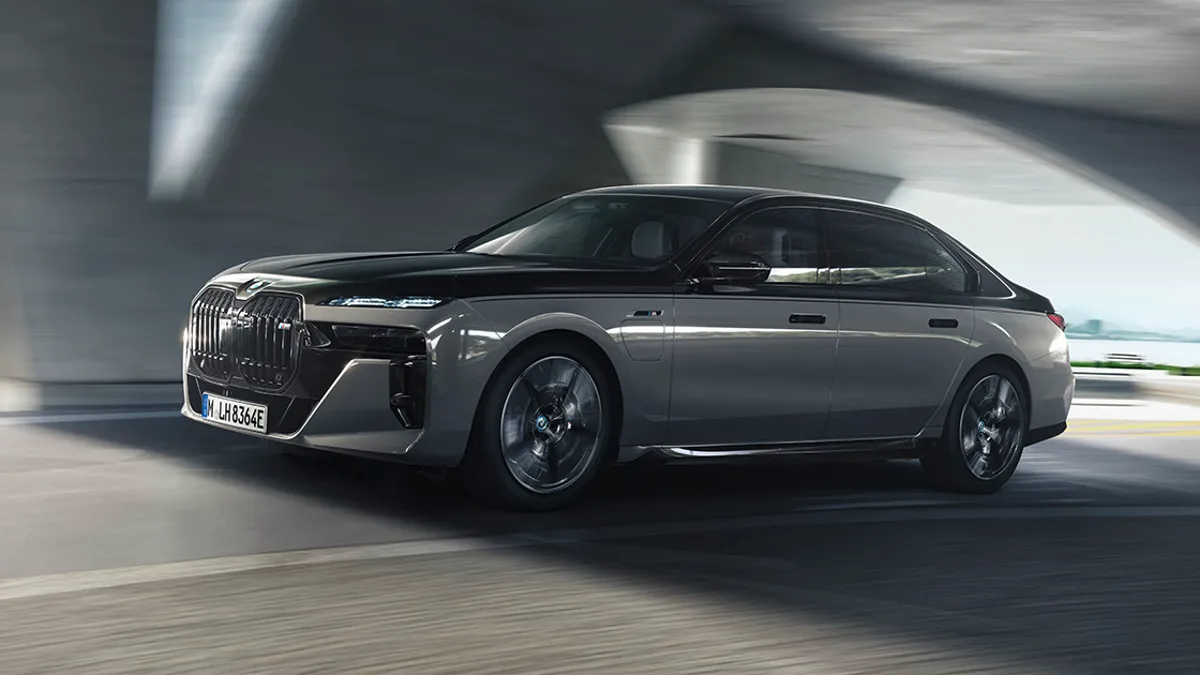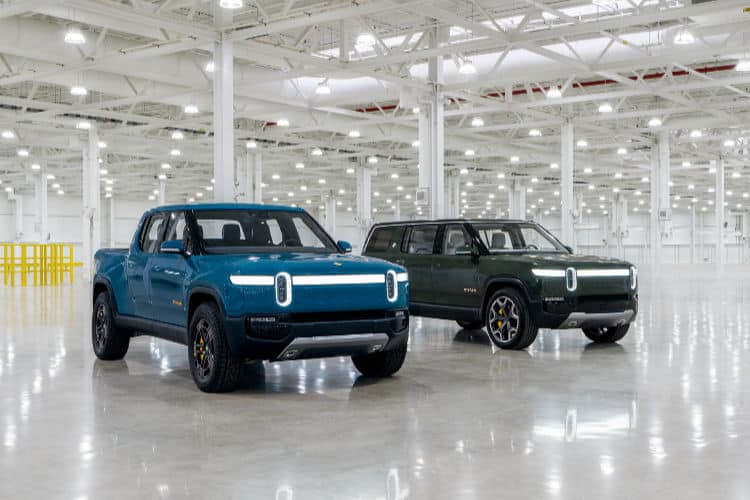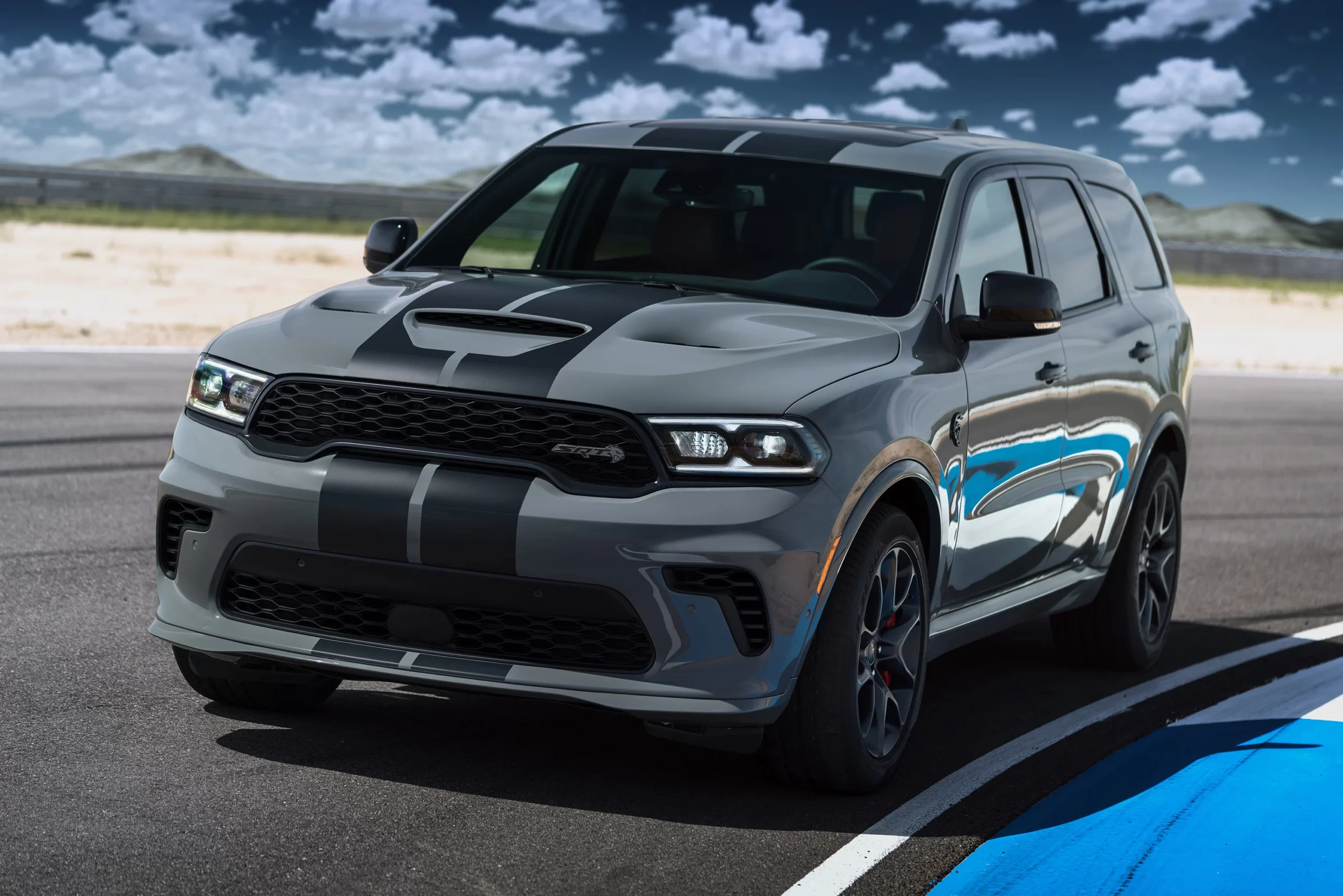The BMW M760e is a sporty sedan that comes with a lot of features that make it perfect for the city and the highway. You will be able to get from rest to 100 km/h (62 mph) in a 4.3 seconds. This vehicle also possesses a 6.7 seconds time to go from zero to 120 km/h (74 mph) and a 2.8 second time to go from 0 to 200 km/h (124 mph). All of this is courtesy of a 4.4 liter V-8 engine. It is powered by a Twin-Scroll Turbocharger that allows the engine to produce up to 520 hp.
0 to 100 km/h (62 mph) in 4.8 seconds
If you’re a big fan of the BMW 7 Series, you’ll be excited to know that there’s a new hybrid version on the way. It will be called M760e, and it will be ready in November. It replaces the older M760i. Despite having six fewer cylinders, the new M760e will be quicker to 100 km/h.
BMW will also introduce a new petrol engine for the 5 Series sedan. The 530e iDrive concept combines a four-cylinder petrol engine with a plug-in hybrid drive system. This concept is equipped with an 18.7 kWh lithium-ion battery pack that is installed under the floor. All engines are part of a modular BMW EfficientDynamics family.
Aside from the new electric powertrains, BMW has also added two genuine M-badged models to its 7 Series line. These will debut in 2023. And they will be available in the United States. In fact, it’s likely that the i7 M70 will be the first of these new cars to be available in the U.S.
With 563 horsepower and 800 Nm of torque, the new M760e can accelerate from 0-100 km/h in 4.8 seconds. It’s able to do this thanks to its turbocharged 3.0-liter inline-six engine and an electric motor.
In addition to its new engine, the M760e also boasts a host of other upgrades over the standard 7 Series. This includes an M Sport exhaust system, M Performance-specific transmission tuning, and Integral Active Steering.
0 to 100 km/h (62 mph) in 2.7 seconds
BMW has launched two plug-in hybrid variants of its latest 7 Series. The new 750e xDrive and M760e xDrive will both arrive in spring 2023. The 750e will be priced from EUR123,500. Meanwhile, the M760e will be on sale from EUR144,000.
Both models have a high-revving three-cylinder petrol engine that delivers 100 kW/136 hp. This provides a zero to 100 km/h time of 2.7 seconds. When the car is on the move, the combustion engine only comes into play after the accelerator kickdown threshold has been reached.
The electric motor can produce torque up to 332 lb-ft. It is also possible to drive the car on electric power alone. A SAVE BATTERY mode maintains the charge until the battery level is low. At the same time, a START BATTERY function is used to start the engine.
While both vehicles are a good showcase for the future of electric cars, the M760e xDrive offers the edge when it comes to acceleration. With a zero to 100 km/h time that is 0.3 seconds faster than the 750e xDrive, the M760e can reach 80 to 120 km/h in just 4.3 seconds.
On top of its impressive performance, the BMW eDrive system combines with an electric motor to deliver 165 kW/224 hp. These high-powered components are part of the firm’s EfficientDynamics suite of technologies. In addition to being fuel efficient, they contribute to emission reduction and driving dynamics.
Acceleration from rest to 100 km/h (62 mph) in 4.3 seconds
When it comes to acceleration, the 0-60 mph metric is a popular benchmark for determining how fast a car can go. However, it’s not the only one. The 0 to 100 km/h (62 mph) metric is the official one from the manufacturer, but there are other ways to measure the same thing.
The metric system uses meters per second squared to measure acceleration. Fortunately, the metric system is widely agreed upon. This is because the SI has a number of units that are commonly used for acceleration. These include meters, seconds, feet, meters per second, and meters per second squared.
Similarly, the 0 to 60 mph metric is a convenient way to measure a vehicle’s speed. Typically, this is done on a closed race track, although there are independent owners who conduct their own tests. For instance, a muscle car might reach a top speed of 220 mph, but that’s only if it can make the transition from zero to sixty in three seconds.
Generally, the 0 to 60 mph meter isn’t the most accurate measurement. It doesn’t account for the effects of air resistance or rolling friction. Moreover, it isn’t a very accurate measure of the g-forces that affect a vehicle’s performance.
In fact, the 0 to 60 mph m may not even be the best measure of a car’s speed. Likewise, it’s a bit oversimplified. While the 0 to 60 mph metric might be the fastest speed of the day, it doesn’t tell you anything about the braking distance, which is a more pertinent metric.
0 to 100 km/h (62 mph) in 4.3 seconds
If you like to drive a big, heavy, powerful car, you may be interested in the upcoming BMW M760e xDrive. It is a plug-in hybrid that replaces the M760Li xDrive. The engine is an inline-six 3.0-liter. Combined, the M760e xDrive makes 571 hp. Moreover, its system torque is 800 Nm.
As its name suggests, the M760e xDrive combines performance attributes with emission-free driving in urban areas. This is achieved through a high-voltage lithium-ion battery pack. The battery has a usable capacity of 18.7 kWh.
The M760e xDrive accelerates from 0 to 100 km/h in 4.3 seconds. In addition, its electric range is up to 48 to 52 miles. In all, it has a top speed of 155 mph.
BMW also plans to release an all-electric version of the M70 xDrive in 2023. This will be the company’s most powerful and torqued model to date. With a top speed of 155 mph, it will be even faster than the iX M60 xDrive.
Besides its performance, the M760e xDrive features a host of other performance features. For instance, it has an electronic top speed limiter. Also, the suspension tune has been tuned to offer more sporty performance.
In terms of power output, the M760e xDrive matches the V12-powered 760i. However, the new model has a lighter cylinder count. While the 760i has a 4.4-liter V8, the M760e has a 3.0-liter.
0 to 100 km/h (62 mph) in 4.7 seconds
BMW has rolled out the new 7 Series and it is packed with cutting-edge technology. From a 0 to 100 km/h (62 mph) time of 4.7 seconds to an adaptive recuperation feature that can take into account traffic-light recognition functions, there are some impressive features in this car. Depending on your needs, you can get a pure electric vehicle or a plug-in hybrid model.
The first fully electric model to be offered is the i7 xDrive60. This model delivers instantaneous power delivery, exemplary driving dynamics and acoustics, and precise driving stability systems. Combined, the motors deliver 544 hp.
The plug-in hybrid variant, the M760e xDrive, has a 3.0-liter six-cylinder in-line engine, an electric motor, and an eight-speed Steptronic Sport transmission. With a total system output of 571 hp, the car has a total system torque of 800 Nm.
Compared with the standard i7, the M760e xDrive accelerates quicker, boasts a higher torque rating, and offers more spirited performance. Its electric range is comparable to the i7, but the battery is 50% bigger.
Aside from the i7 xDrive60, there will also be a BMW i7 M70 xDrive, with a total system output of 600 hp and a rated torque of 737 lb-ft. These two cars will be introduced in 2023. Whether or not they will make their way to the U.S. is not yet known.
Fuel type
The BMW M760e xDrive is the first M Performance hybrid. It uses a 3.0-litre inline six with an electric motor to deliver 571 horsepower. In purely electric mode, the system can go up to 50 miles.
The BMW M760e xDrive is available in both saloon and sedan form. It will come with an eight-speed Steptronic transmission. This is paired with a 380-horsepower petrol engine.
A lithium-ion battery pack has a usable capacity of 18.7 kWh. This gives the vehicle a range of 85 Km / 53 miles in the WLTP cycle. It can be charged in less than three hours with the household socket.
The M760e xDrive has a total system torque of 800 Nm. It also features a temporary boost of 30 kW/40 hp. Unlike other hybrids, the M760e xDrive can operate in purely electric mode at temperatures lower than -10 degrees Celsius.
During the WLTP cycle, the M760e xDrive will emit 25 grams of CO2 per kilometer. It will also consume 1.1 liters of fuel every 100 km. With the 380-horsepower engine in boosted mode, the M760e xDrive will cover the 0-62 mph sprint in 4.9 seconds.
BMW is adding two PHEV variants to the new 7 Series. Both will be available in the U.S. as well as a number of European markets. These models are expected to arrive in the second half of 2023. They will be sold alongside a zero-emissions i7.










